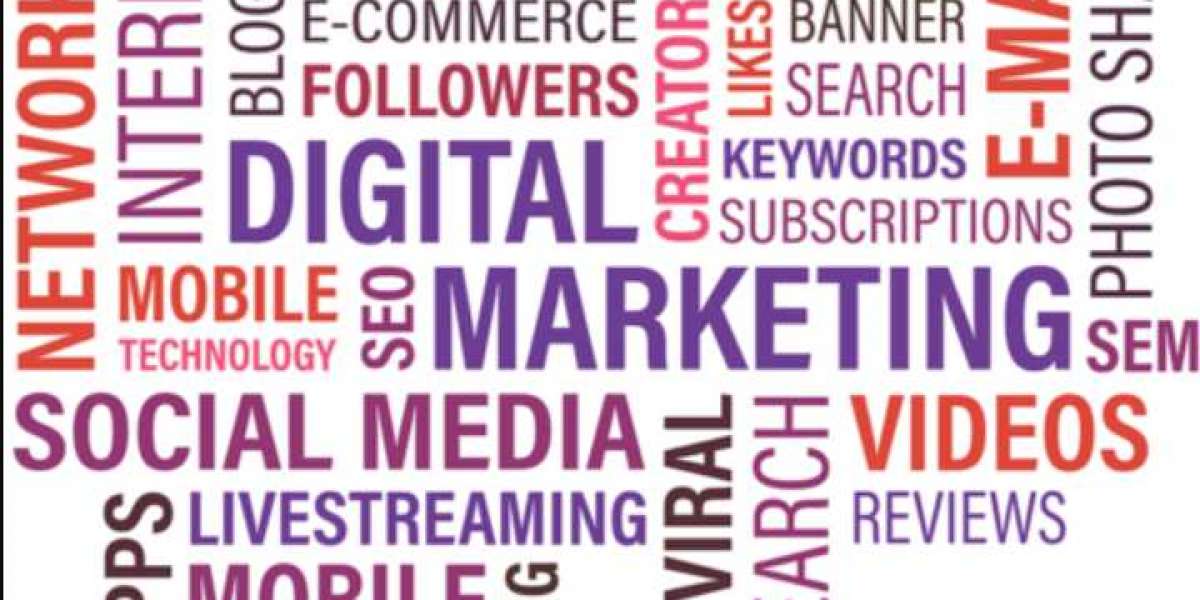Digital marketing is an ever-evolving field that requires constant adaptation to stay ahead of the competition. With an increasing amount of data available, businesses can now use analytics to improve their digital marketing strategies and achieve greater success. In this article, we will discuss how to use data and analytics to improve your digital marketing strategy.
Define your goals and KPIs
Before you start collecting and analyzing data, you need to define your goals and key performance indicators (KPIs). What are you trying to achieve with your digital marketing strategy? Is it more website traffic, higher conversion rates, or increased engagement on social media?
Once you have defined your goals, you can determine which metrics you will track to measure success. For example, if your goal is to increase website traffic, you might track the number of unique visitors, page views, and bounce rates.
Collect and analyze data
With your goals and KPIs defined, you can begin collecting and analyzing data to gain insights into your digital marketing strategy. There are many tools available to help you collect data, such as Google Analytics, SEMrush, and Moz. These tools can track website traffic, search engine rankings, social media engagement, and more.
Once you have collected data, you need to analyze it to identify trends and patterns. For example, if you notice that a particular type of content is generating more engagement on social media, you might want to create more of that content in the future.
Use data to optimize your digital marketing strategy
Once you have analyzed your data, you can use the insights you have gained to optimize your digital marketing strategy. For example, if you notice that a particular keyword is driving a lot of traffic to your website, you might want to focus more on that keyword in your content marketing.
Similarly, if you notice that a particular social media platform is generating more engagement than others, you might want to focus more on that platform in your social media marketing.
Test and iterate
Digital marketing is not a one-time activity. To achieve long-term success, you need to continuously test and iterate your digital marketing strategy. This means trying out different tactics and measuring their impact on your KPIs.
For example, you might want to A/B test different ad creatives to see which one generates more clicks. Or you might want to test different email subject lines to see which one generates more opens.
By continuously testing and iterating, you can refine your digital marketing strategy over time and achieve greater success.
Conclusion
Data and analytics are powerful tools that can help you improve your digital marketing strategy. By defining your goals and KPIs, collecting and analyzing data, using insights to optimize your strategy, and continuously testing and iterating, you can stay ahead of the competition and achieve long-term success. Remember, digital marketing is not a one-time activity. It requires constant adaptation and improvement to stay relevant and effective.








